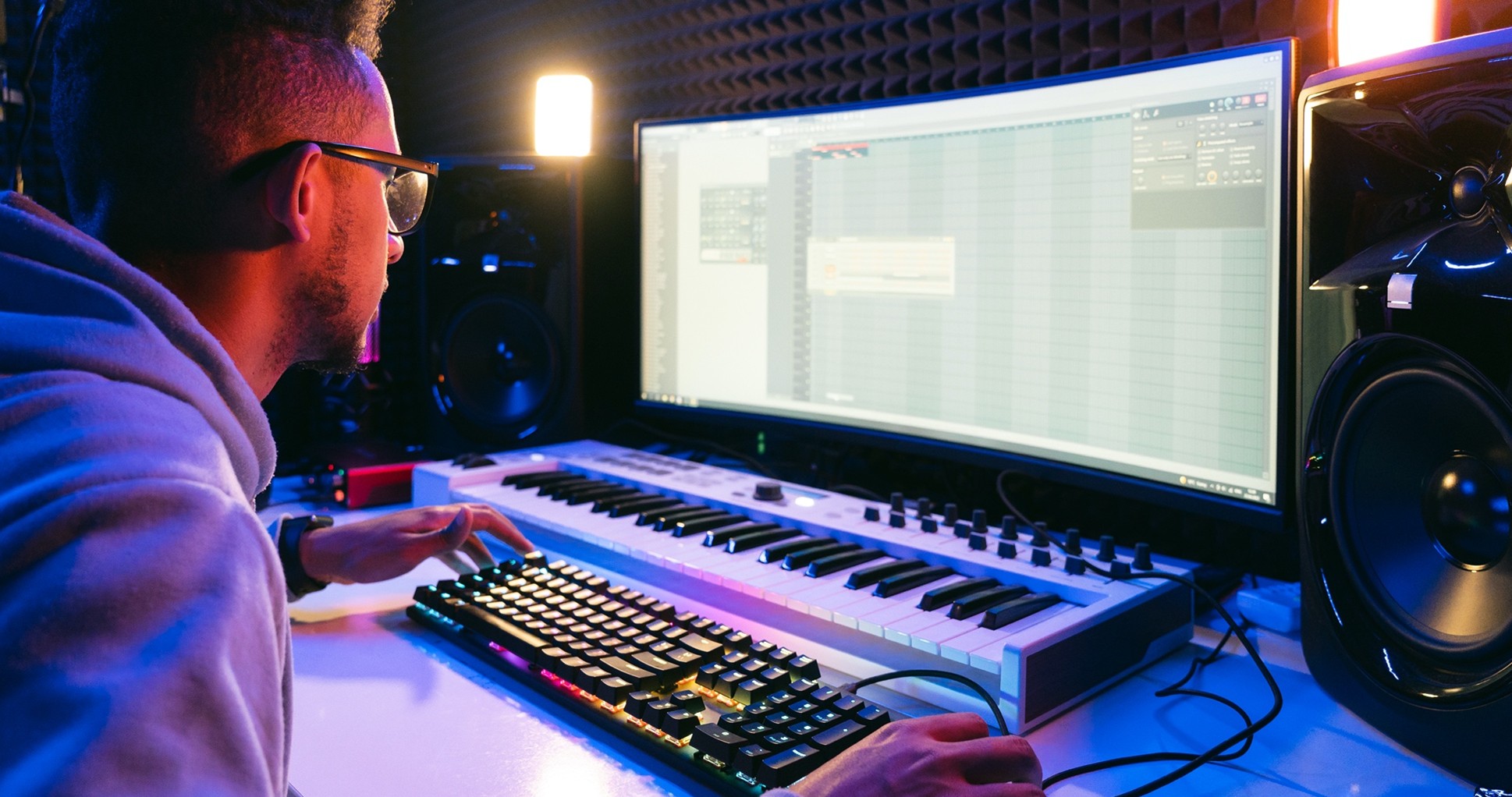
Welcome to AccoladiRecruiter.com
We're Glad You're Here!
AccoladiRecruiter.com is built for collegiate and summer enrichment recruiters seeking to connect with the next generation of performing artists. Here, you'll find student profiles, performance videos, and achievements that make it easier to identify and recruit the strongest talent for your programs.
While recruiters are the primary focus of this site, we also support students and their families, teachers, and fine arts directors. To ensure every community has the right fit, we've created dedicated websites:
- Accoladi.com — for performing arts students and their families
- AccoladiTeacher.com — for performing arts teachers
- AccoladiFineArtsDirector.com — for school district fine arts directors
Recruiters: this is your home base. Please continue your registration here on AccoladiRecruiter.com.
Security & Verification
To protect our student subscribers, we carefully confirm each recruiter account:
- University or military recruiters: Please use your official .edu or .mil email address and include a link to your institutional profile.
- Private recruiters: Register with a work or personal email and include a verifiable profile link — such as a college, university, school of music, conservatory, LinkedIn profile, or company website.
- Review process: Our team will personally review your account within 72 hours and keep you informed at each step. Thank you for your patience and commitment to student safety.
Everyone else: please begin your journey at the site tailored to your role.


.png) ARTICLE GLOSSARY
ARTICLE GLOSSARY
